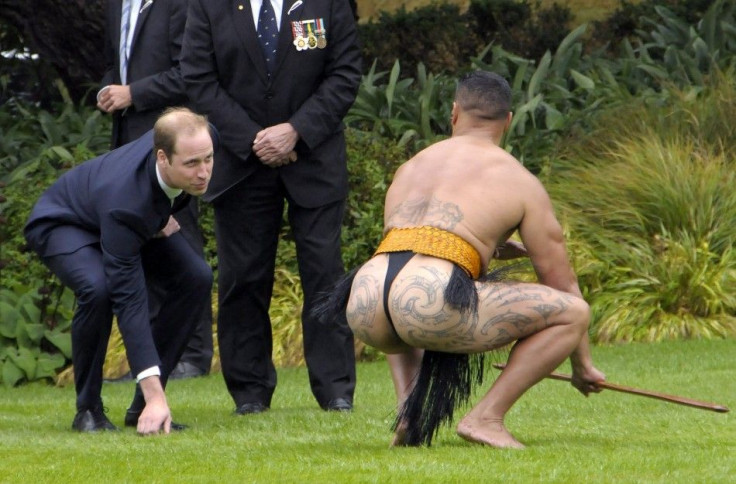New Zealand Indigenous People's Rights Need More Improvement

New Zealand’s representative to the United Nations Permanent Forum on Indigenous Issues said although Aotearoa is often thought as a leader in recognizing the rights of indigenous people, it was always not the case. Valmaine Toki, of Nga Puhi, Ngati Wai and Ngati Rehua descent, is the first representative of Aotearoa and the in the UN forum on indigenous rights.
There is always interest at the UN forum about New Zealand’s MMP electoral system and dedicated Maori seats. “They see that as a way forward and a model for other jurisdictions to aspire to, but in Aotearoa-New Zealand, we think we are doing such a great job in terms of recognizing indigenous rights,” said Toki.
She cited Nicaragua as an example of how autonomous zones were returned to the indigenous people. Toki said that in Aotearoa-New Zealand, the scenario would be unlikely, reports Radio NZ.
She acknowledged that the Waitangi Tribunal was often seen as an innovative system. However, Toki said only a fraction of what was “alienated” from the Maori is actually returned. She realised indigenous rights in New Zealand need “more work.”
As protectors of indigenous rights, the Maori Party of New Zealand has written to Australian Prime Minister Tony Abbott and criticised the possible closure of remote Aboriginal communities, reports Radio Australia. The Maori said the closure could mean “cultural genocide.”
In an open letter to Mr Abbott that coincided with his visit to Wellington last week for the Anzac Day commemorations, the Maori condemned the prospect of shutting out remote communities. Maori Party co-leaders Te Ururoa Flavell and Marama Fox wrote the letter and to ask the Australian prime minister to reinstate federal funding for the indigenous communities.
“The Maori party shares the pain of Australia’s first peoples who face losing their connection to their ancestral land and the destruction of their communities as a result of government actions,” the letter states. New Zealand’s Maori party believes the right of the indigenous people of Australia to live on the land of their ancestors is not a lifestyle choice but an “integral part of our identity.”
Mr Abbott had attracted criticism from prominent indigenous personalities in March after supporting Western Australia’s plan to cut off funding for remote communities and remarked that the government cannot continue to subsidise “lifestyle choices.”
(To report problems or leave feedback on this article, contact: r.su@ibtimes.com.au)





















